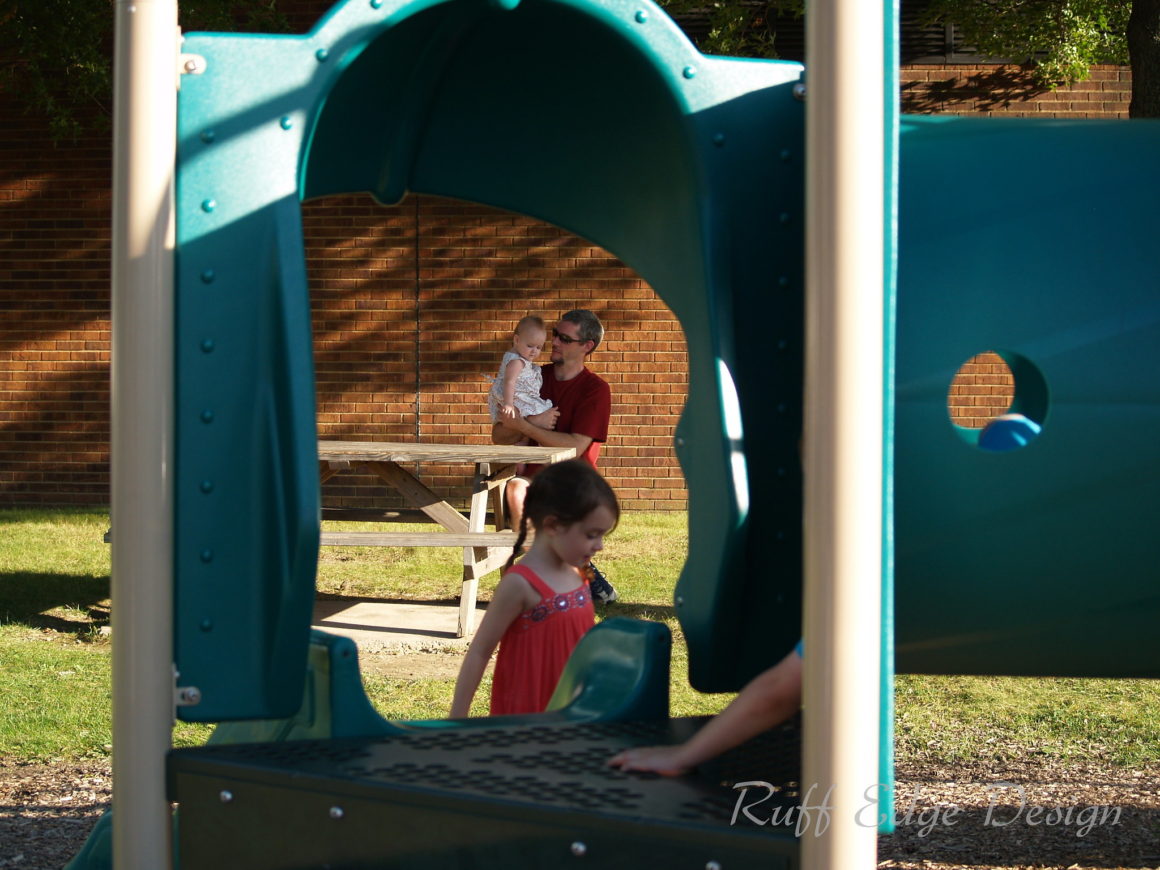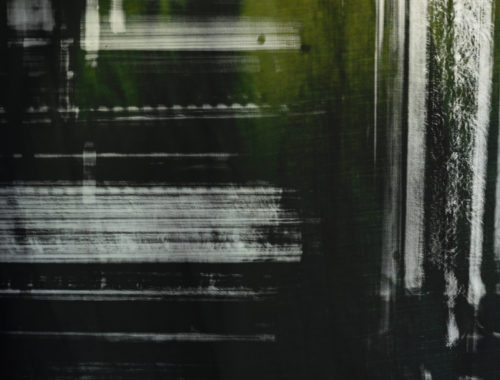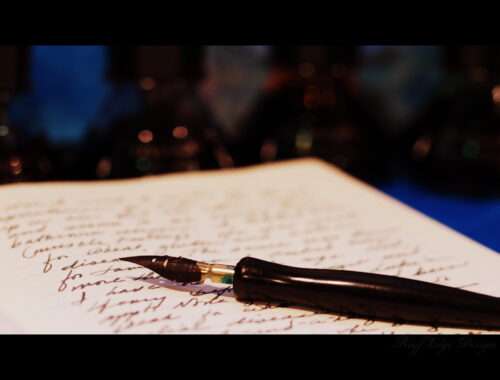
What Meets the Eye
Thanks to Camille Paglia, I have mixed (and rather confused) feelings about the Romantic poets. In short, I don’t know what to make of them. If I am to believe Paglia, they were all perverts with strange sexual proclivities that they advertised in their poetry for all the world to see. Only readers with an understanding of the meaning hidden in plain view, however, would be able to pick up what they were putting down.
I realize that Sir Edmund Spenser was too early for the Romantic Period in English literature, but Paglia begins Sexual Personae, her survey of Romantic literature, in ancient Egypt and works her way up to Emily Dickinson, spending on Spenser a fair number of words, like these:
Spenser’s profound study of the amoral dynamics of the western eye makes The Faerie Queene the supreme work of Renaissance literature until Hamlet, which was Spenserian voyeurism in virtually every scene.
The Apollonian line to which The Faerie Queene belongs began in Egypt and Greece and passes through Donatello, Botticelli, Michelangelo, Blake, and Shelley to the Pre-Raphaelite painters and Oscar Wilde. It then reappears in cinema, which was implicit in western art and thought from the start. The Faerie Queene makes cinema out of the west’s primacy principle: to see is to know, to know is to control. The Spenserian eye cuts, wounds, rapes.
How often do we think about art as being an act of voyeurism? The only time it happens for me is when I read Paglia, but she has a point. We go to the movies, watch love fall apart, watch a life get destroyed (not our own, thank goodness!), and are transfixed until the lights come on. In an age of digital phones and cameras recording our every move, how hard is it to look away from a video of someone throwing a punch, pulling a gun, or taking the witness stand against his famous and abusive ex-wife? Has art trained us to watch life as if it’s just a movie? Is that how it was supposed to work? It’s an interesting question, and while some may label Paglia outrageous, the outrageous is often exactly what we need to shake us from our complacency and open us to different ways of seeing what we’ve long taken for granted.




